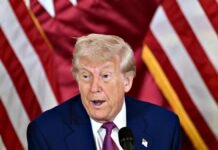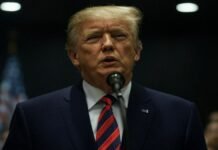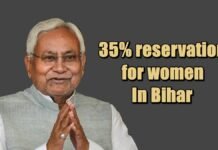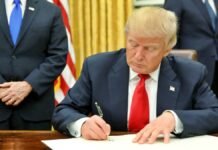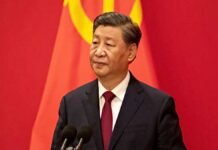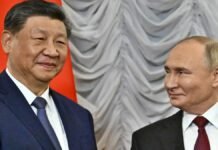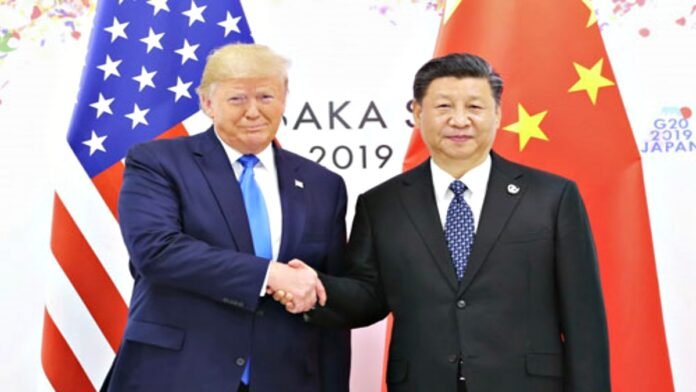
Key Points:
- Trump’s Strategic Invitation: Newly elected US President Donald Trump has invited Chinese President Xi Jinping to his inauguration, signaling a complex diplomatic stance.
- Diplomatic Victory for China: The invitation is seen as a significant gesture towards China amid ongoing tensions.
- Setback for India: The move raises questions about the future of US-India relations, especially given recent India-Russia ties.
- BRICS Threat Looms: Trump recently warned of sanctions and tariffs on BRICS nations if they introduce an alternative global currency to the US dollar.
- Press Secretary’s Statement: Trump’s team emphasizes his openness to dialogue with allies and rivals alike.
Washington D.C. As preparations for his swearing-in ceremony gain momentum, newly elected US President Donald Trump has extended an invitation to Chinese President Xi Jinping to attend the historic event next month. The invitation, confirmed by Trump’s press secretary Caroline Levitt, comes amid heightened tensions with BRICS nations over their potential move to establish an alternative global currency.
While the invitation is being hailed as a diplomatic win for China, it raises eyebrows in India, given its recent alignment with Russia within the BRICS framework. This development underscores Trump’s unpredictable diplomatic strategies, aimed at balancing competition and cooperation with global powers.
The BRICS Controversy
Recently, Trump issued a stark warning to the BRICS nations Brazil, Russia, India, China, and South Africa threatening to impose a 100% tariff and additional sanctions if they proceed with creating a new currency for international transactions. His statement was widely interpreted as targeting China and Russia, although the use of the collective “BRICS” allowed Trump to avoid naming specific countries directly.
Despite this tension, Trump’s gesture towards Xi Jinping reflects his willingness to engage with America’s economic and military rival. According to Levitt, “This is an example of President Trump having an open dialogue with the leaders of countries that are not only our allies but also our competitors.”
Impact on US-India Relations
Trump’s move is being viewed in India as a potential diplomatic setback. Analysts suggest the invitation to Xi Jinping might signal a recalibration of Trump’s approach to the Indo-Pacific region, prioritizing dialogue with Beijing over New Delhi. Given India’s increasing closeness to Russia and its role in the BRICS bloc, this development could influence future US-India ties.
Xi Jinping’s Attendance Uncertain
While the invitation has been extended, it remains unclear whether Xi Jinping will attend the ceremony. Levitt stated that it is “to be determined” if the Chinese leader will accept the invitation. This uncertainty adds an additional layer of intrigue to Trump’s diplomatic overture.
A Broader Diplomatic Message
Trump’s invitation to Xi, along with undisclosed invitations to other foreign leaders, highlights his emphasis on maintaining an open line of communication with both allies and adversaries. Levitt remarked, “He is ready to talk to anyone and will always put America’s interests first.”
This approach echoes Trump’s first term, where he engaged directly with rival nations while pushing policies aimed at reinforcing US dominance on the global stage.
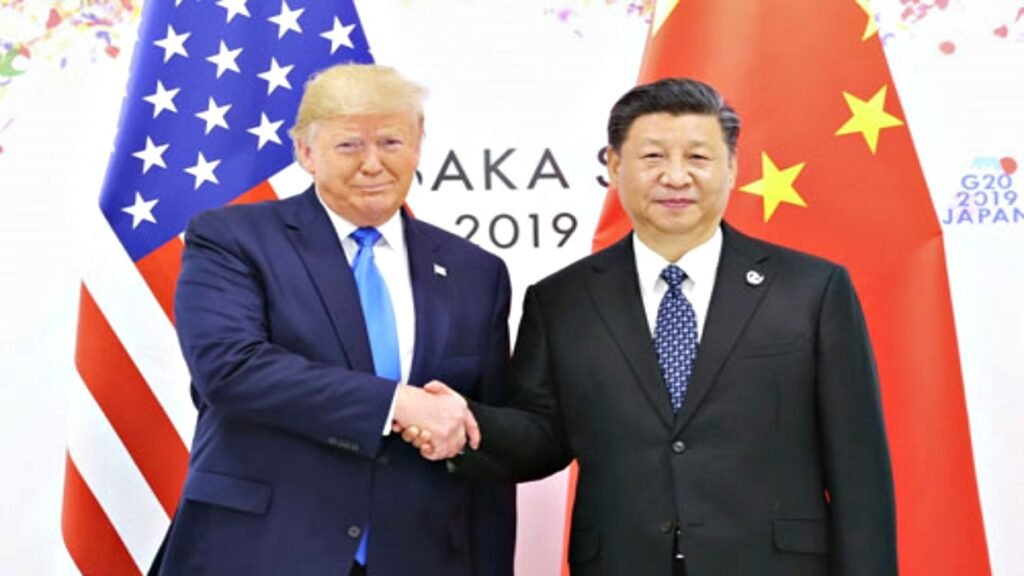
As Trump prepares to take office, his actions set the tone for his foreign policy agenda. The invitation to Xi Jinping signals a nuanced strategy one that balances rivalry with dialogue. Whether this approach will foster cooperation or further complicate geopolitical tensions remains to be seen.







